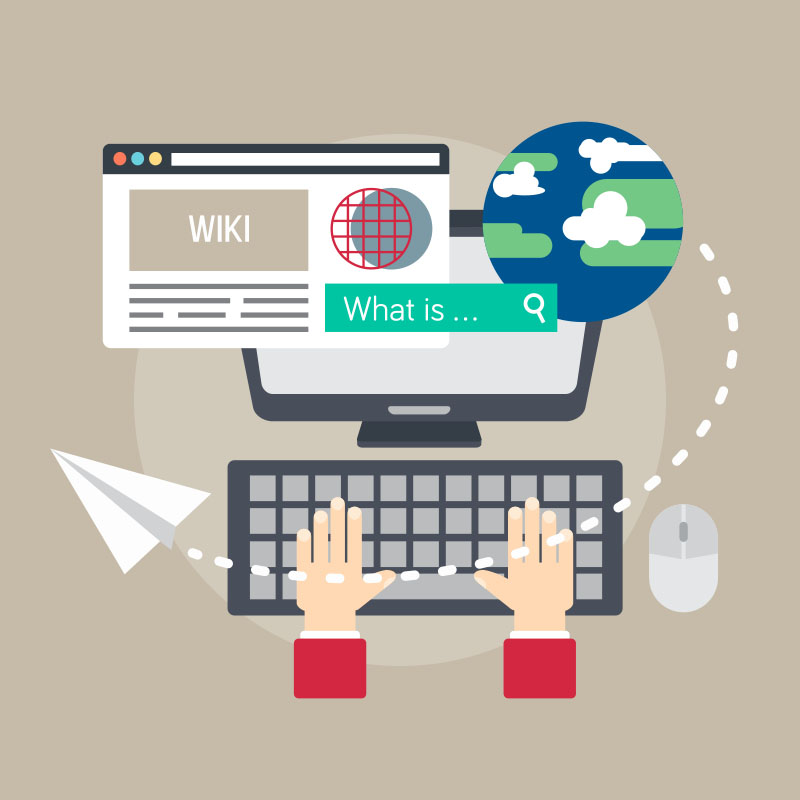In today’s world,
everyone has a story or an opinion that they feel obligated to share with the
world. The internet and various
technologies have made the sharing and spreading of good/bad, true/false ideas
and information easy. Anyone with any
level of education or any background can create a blog or a wiki without a
background check. Blogs and Wikipedia
have a double-edged effect. On one hand,
both platforms are used to spread ideas and information to a wide variety of
people. This information can be helpful
and truthful. On the other hand, blogs
and Wikipedia can be used to spread hateful and untrue information. In this day and age, so many people go to Wikipedia
and blogs to get their news and entertainment.
According to The New York Times article, “Wikipedia to Limit Changes to
Articles on People”, Wikipedia “is the first reference point for many Web
inquiries” because Wikipedia “pages often lead the results on Google, Yahoo, and
Bing” (Cohen). An estimated “60 million
Americans visit Wikipedia every month” (Cohen).
These statistics prove that Wikipedia is most people’s new and
information source, not newspapers or magazines. Both blogs and Wikipedia pages are relatively
easy to create and generally have no entity monitoring the users.
Although they are very
similar, Wikipedia is taking more responsibility in curating their information. The leaders at Wikipedia realize that as “the
site grows more influential, they must transform its embrace-the-chaos culture
into something more mature and dependable” (Cohen). Wikipedia is taking a more social
responsibility approach by implementing a flagging feature. This makes it so that “volunteer editors for
Wikipedia sign off on any changes made by the public before it goes live” (Cohen). This “flagged revision feature is only
possible because Wikipedia is a single platform that is used by many users who
can edit information. However, it is
almost impossible to regulate blogs because many different and
unrelated platforms offer blog services for free. In other words, not every blogger uses the same blog generator. In this way, Wikipedia pages are used for collaboration. Blogs are so readily available, “most neighborhoods in Brooklyn have at least one blog – and in some places, there seems to be one in every house, every bedroom” (Wilson). In The New York Times article, “Brooklyn Blog Helps Lead to Drug Raid”, we see a story of how bloggers helped law enforcement clean up their neighborhood. It started out as peering, “peering turned to blogging, and blogging turned to action” (Wilson). The blogs put pressure on policymakers to take action. These series of blogs were used to bring a community together to collaborate on a common goal.
unrelated platforms offer blog services for free. In other words, not every blogger uses the same blog generator. In this way, Wikipedia pages are used for collaboration. Blogs are so readily available, “most neighborhoods in Brooklyn have at least one blog – and in some places, there seems to be one in every house, every bedroom” (Wilson). In The New York Times article, “Brooklyn Blog Helps Lead to Drug Raid”, we see a story of how bloggers helped law enforcement clean up their neighborhood. It started out as peering, “peering turned to blogging, and blogging turned to action” (Wilson). The blogs put pressure on policymakers to take action. These series of blogs were used to bring a community together to collaborate on a common goal.
Wikipedia pages are
known for their written information but they should think about moving into the
art and music world. This platform can
be used to share and curate artwork and music from all around the world.


